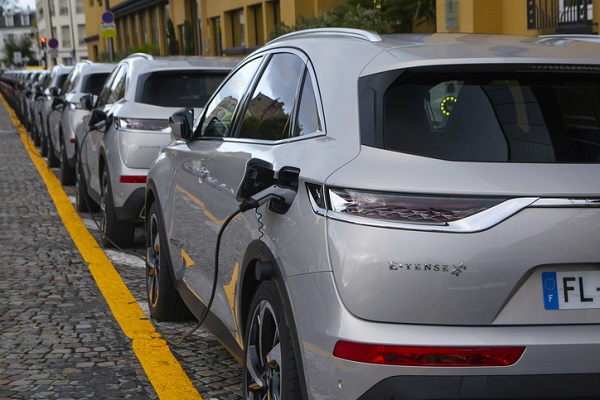ABB E-Mobility: Children in the driving seat of EV future
Children are already driving the EV revolution, despite not yet being able to get behind the wheel themselves according to a new survey from ABB E-Mobility.
The survey revealed that children not only educate their parents on environmental issues and admonish them for un-eco-friendly behaviour, but also contribute to discussions around major purchases such as electric vehicles.
ADVERTISEMENT
Its key findings, released on World EV Day, demonstrate the crucial role that the next generation has to play in helping reduce emissions and enable a more sustainable future.
ABB E-Mobility chief executive, Frank Muehlon, says: “It’s encouraging to see the results of our global study reveal the excitement and determination of young people, as well as the increasing dialogue and action across generations, to move toward a low-carbon future.
“It is also clear, however, that many people still do not feel empowered to take the climate-conscious steps they are clearly ready for. It is our hope that those in positions of power will work together to quickly implement electrification policies which enable a cleaner, greener society, just as we have committed to doing with our ABB Sustainability Strategy 2030.”
With nearly eight out of ten parents (79.2%) and three-quarters of children (73.6%) considering the current global environmental situation to be bad, the survey revealed a good deal of intergenerational interaction over the causes of climate change and the steps towards mitigating it.
68% of children said they are excited about driving electric in the future, with 82.6% (rising to 94.6% in China) stating they intend to drive electric (52.4%) or hybrid (30.2%) when they are old enough.
For its part, ABB has committed to transitioning its entire global fleet of more than 10,000 vehicles to EVs by the end of the decade as part of its 2030 Sustainability Strategy. In the past year alone, the number of charging stations installed at ABB sites increased by almost 100%, from 545 to 1,082. These are split globally across 146 locations in 27 countries.
-
ADVERTISEMENT
-
ADVERTISEMENT


